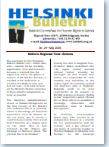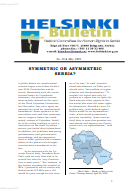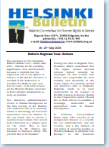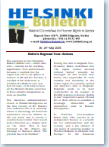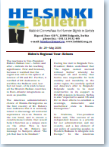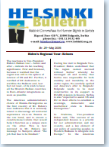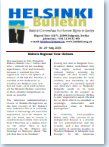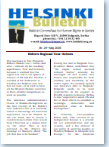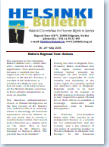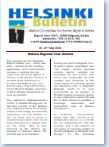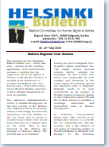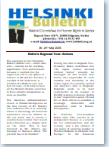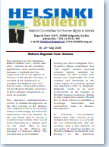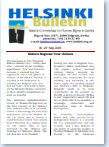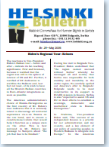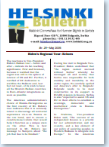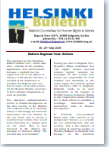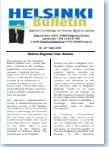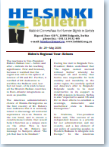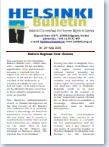
№ 24 - NATO – YES OR NO? (1)
№ 24 - NATO – YES OR NO? (1)
Keywords: NATO; Serbian NATO membership;
In early April a debate on relations with the most important military- political alliance, the NATO Pact, has (un)expectedly been launched. Only several days after culmination of anti-NATO campaignon the occasion of the 10th anniversary (24th March) of the NATO operation in the then Federal Republic of Yugoslavia, “Allied Force», to which many in Serbia wrongly and pathetically atrribute a code name of « The Merciful Angel» - a more judicious tones appealing to the reappraisal of self-styled or selfproclaimed military neutrality of the country started to emerge in the public. Such a turnaround in rationalization of the debate on the most significant strategic orientations of Serbia should be viewed within the context of recent developments in Serbia proper, but also in the regional and broader international context.
More...
